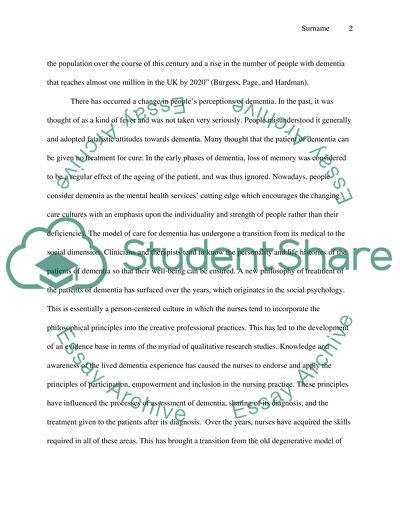Cite this document
(Dementia: the Result of the Disorders of Brain Assignment, n.d.)
Dementia: the Result of the Disorders of Brain Assignment. Retrieved from https://studentshare.org/nursing/1451007-dementia
Dementia: the Result of the Disorders of Brain Assignment. Retrieved from https://studentshare.org/nursing/1451007-dementia
(Dementia: The Result of the Disorders of Brain Assignment)
Dementia: The Result of the Disorders of Brain Assignment. https://studentshare.org/nursing/1451007-dementia.
Dementia: The Result of the Disorders of Brain Assignment. https://studentshare.org/nursing/1451007-dementia.
“Dementia: The Result of the Disorders of Brain Assignment”, n.d. https://studentshare.org/nursing/1451007-dementia.


